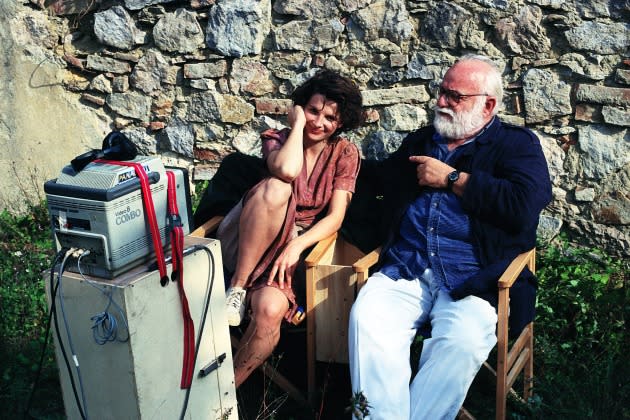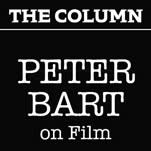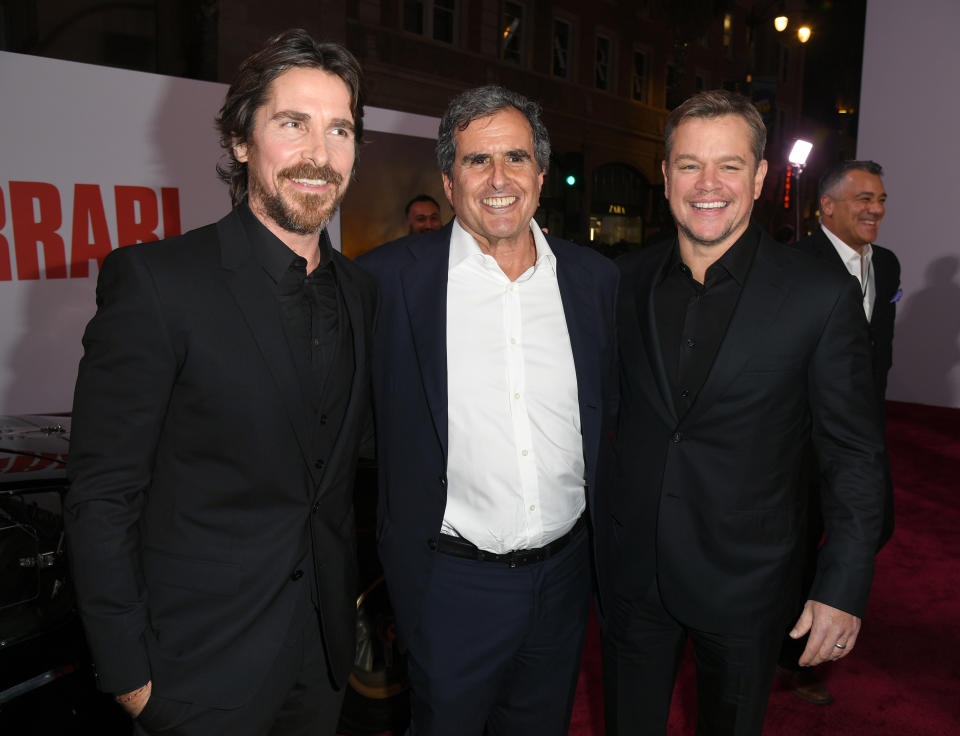Peter Bart: Great Dealmakers Don’t Usually Make Great Movies, But They Could Learn From Hollywood’s Past

Where do great movies come from? When Netflix started creating its own shows a decade ago, Ted Sarandos and his colleagues put that question to select creatives around town. It was a smart exercise – but most respondents insisted there was no answer.

More from Deadline
Coincidentally I’d been putting out that question at various times over the years with equally ambiguous results. Saul Zaentz, the feisty film and music producer, once offered this response: “Great movies come from terrible people who fight you every step of the way and make your life miserable.”
Misery or not, Zaentz’s indie company managed to produce three Best Picture winners over the years and his music company earned millions from Creedence Clearwater Revival. Never part of Hollywood’s corporate structure, Zaentz and his achievements are a reminder of the banner times in the indie era — from Samuel Goldwyn to John Heyman, Dino De Laurentiis and Francis Coppola. In that period even Don Rugoff, an indie exhibitor and producer, was a key player to filmmaker careers from Martin Scorsese to Euro masters like Ingmar Bergman.
While corporate Hollywood often found a way of co-existing with, and feeding from, these mavericks, their ranks have drastically dwindled over the years. Today’s version of the indie innovator is more akin to the Peter Chernin model; last week, Chernin unveiled an amalgam of financial deals that should mobilize some $800 million in equity and debt financing.
The product, he said, would be “premium content,” yet to be identified, much of it aimed at the international market. Chrenin’s deal follows recent announcements of the $725 million SpringHill deal (LeBron James is involved) and a $760 million Legendary deal and a $900 million Hello Sunshine deal (Reese Witherspoon).
Now 71, Chernin represents the mirror opposite of a Zaentz-like profile: Cautious and calculating, Chernin ran Fox during the Rupert Murdoch era and, like Murdoch, rarely was heard expressing a passion for any particular film or filmmaker. Chernin’s official biography suggests credit for Titanic and Avatar, but when the down-and-dirty fights erupted over production delays or financing shortfalls, media inquiries were directed to lesser executives. I once sat adjacent to Murdoch at an important Fox screening, and when I asked his opinion of the film, he advised, “Ask Chernin – he gives his ‘no opinion’ line faster than I.”

Kevin Winter/GI
Ultimately the question surrounding all of these deals, including Chernin’s, relates back that stressful “great movie” issue. Will this formidable funding somehow find its way into the hands of creatives who have either the incentive or the ambition to create exciting content? Admittedly this question mixes apples and oranges, but still, as Zaentz would argue, is there anything in the rhetoric resembling a mission statement or a point of view?
Zaentz was a burly man with a bushy white beard who had a point of view about everything and was consistently ready to argue. He started in the music business managing tours for Duke Ellington and Stan Getz, then signed groups like CCR, which was fronted by John Fogerty.
The Zaentz-Fogerty association prompted a flow of both music and litigation. Fogerty even created a hit record around the lyric, “Zaentz can’t dance but he can steal.”
The movies Zaentz zealously produced reflected his broad range of intellect and adventure: One Flew Over the Cuckoo’s Nest, Amadeus, The English Patient and The Mosquito Coast. Even the titles of his films suggested their breadth: The Unbearable Lightness of Being and At Play in the Fields of the Lord.
My encounters with Zaentz were exuberant and combative. As Michael Douglas, his Cuckoo’s Nest co-producer, said of him, “Saul was all about courage – the courage of the great idea and also to see it through.”
Zaentz would love to have learned how to navigate the mega deals being announced today but would also have been appalled by the focus on streaming. Indeed, had Sarandos asked him where great movies come from, he likely would have smiled and replied, “They come from me. Count on it.”
Best of Deadline
Sign up for Deadline's Newsletter. For the latest news, follow us on Facebook, Twitter, and Instagram.